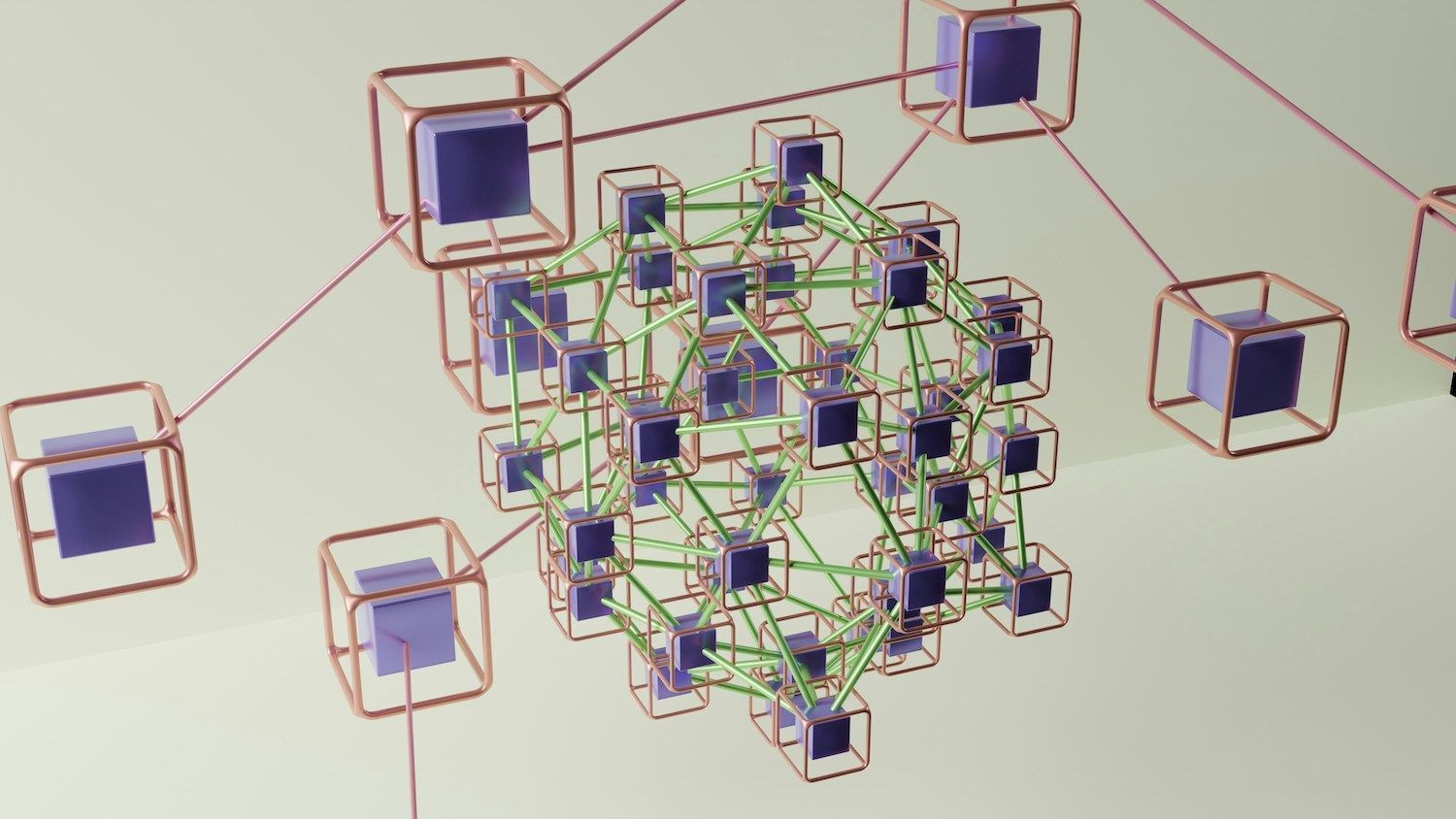Will AI-generated code be normalized in 2025?
This story is in progress: I'm collecting input here.
Over the last two years, we've seen monumental promises around AI’s impact on developer productivity. Tools like GitHub Copilot are becoming ubiquitous, while OpenAI continues to push boundaries with groundbreaking features. Yet, the AI landscape is still a Wild West and must mature. We've witnessed the downsides of hallucination, questionable code quality, bloat & technical debt, copyright/IP restrictions, friction with data regulations, security issues with LLMs, confusion about what open-source AI is, and more. Not to mention the high energy and environmental costs of AI processing.
Valuable use cases with AI are still rare. Some analysts say the genAI bubble has popped, and some tech leaders are pulling the plug on major AI investments. There is also competing research on the actual productivity gains of using AI agents for code development. For consumer-facing AI-driven apps, "Disclaimer: results may not be accurate" is the saying of this age.
Despite this, there are signs of AI-generated code improving. Engineering leads are increasingly embedding it in development workflows, and developers are beginning to expect AI assistance. 2025 may be a breakout year for AI-generated code to become more stable, secure, and normalized. What will be done to get there?
I'm putting together a feature to discuss both the potential for widespread AI adoption and the practical steps necessary for overcoming current limitations. By forecasting these advancements, I hope to predict whether AI-generated code will truly be part of mainstream development by next year.
The deadline for submission is Friday, 11/15/24, 5 pm PST.
I’m looking for commentary from respected individuals in the software development field, offering practical examples (no product pitches). For efficiency's sake, I'll only be accepting input here on the below. I cannot guarantee the publication of any or all responses. Setting a maximum 1k characters (~150 words) per response. Looking forward to reading your thoughts!
This is probably for InfoWorld but may run elsewhere.











